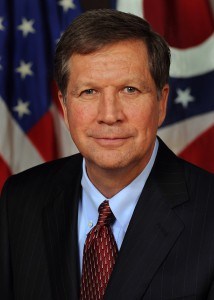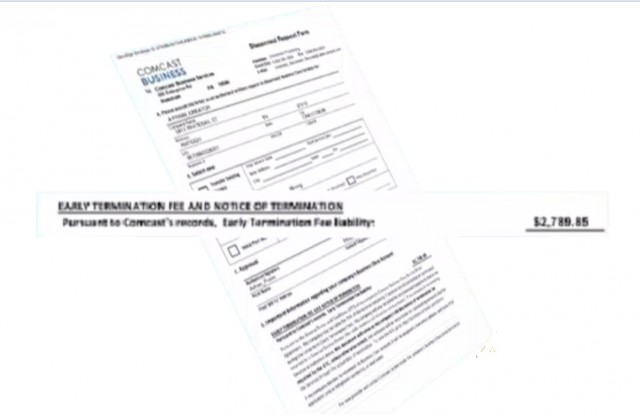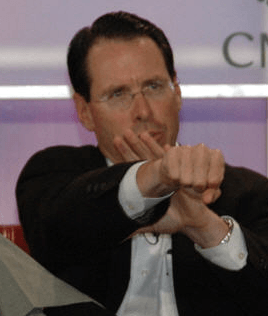
Big Telecom is already trying to buy incoming members of Congress with lavish campaign contributions.
Before constituents have a chance to make an impression on Capitol Hill’s incoming freshmen class, AT&T and Verizon have rushed significant campaign contributions to more than two dozen newly elected members of Congress.
Politico reports AT&T has cut checks to 31 new members of the House and Senate, Verizon sent 28 checks, and Comcast donated to 22 winners in the fall elections. Most of the money went to incoming Republicans who will control both the House and Senate starting in January.
All three companies are seeking allies in the fight against Net Neutrality and for a wholesale rewriting of the Communications Act, the nation’s most important telecom-related legislation.
Congressional observers predict revisiting the Communications Act would be a lobbyist bonanza, with potentially billions flowing into congressional coffers to win further industry deregulation. The last major overhaul in 1996 transformed broadcasting, allowing a handful of corporations to own the majority of radio and television stations and allowing large phone and cable companies to govern themselves with respect to broadband and competition. Cable and broadband prices soared as a result, while the number of competitors dropped due to industry consolidation.
The telecom companies are well ahead of technology players like Microsoft and Google, that have collectively sent contributions to fewer than a half-dozen incoming members and are barely active in Washington in comparison to the biggest phone and cable companies.


 Subscribe
Subscribe
 “The telecommunications language will force the governor to veto this bill, as he has personally said and has also been repeated several times by other members of the administration,” Jim Zehringer, director of the Ohio Department of Natural Resources told the Ohio Senate’s Agriculture Committee during an informal hearing on the legislation. “We would be sacrificing all the great work done so far on this bill if these provisions are not removed.”
“The telecommunications language will force the governor to veto this bill, as he has personally said and has also been repeated several times by other members of the administration,” Jim Zehringer, director of the Ohio Department of Natural Resources told the Ohio Senate’s Agriculture Committee during an informal hearing on the legislation. “We would be sacrificing all the great work done so far on this bill if these provisions are not removed.” AT&T CEO Randall Stephenson’s public hissy fit against the Obama Administration’s sudden backbone on Net Neutrality may complicate AT&T’s plans to win approval of its merger with DirecTV. forcing AT&T to retract threats to suspend fiber buildouts if the administration moves forward with its efforts to ban Internet fast lanes.
AT&T CEO Randall Stephenson’s public hissy fit against the Obama Administration’s sudden backbone on Net Neutrality may complicate AT&T’s plans to win approval of its merger with DirecTV. forcing AT&T to retract threats to suspend fiber buildouts if the administration moves forward with its efforts to ban Internet fast lanes.
 A Nashville web developer who signed up for usage-cap exempted Business Class service in one of Comcast’s usage-based billing trial cities received a bill for nearly $3,000 in early termination fees after he was unable to transfer his Comcast Internet service to his new address.
A Nashville web developer who signed up for usage-cap exempted Business Class service in one of Comcast’s usage-based billing trial cities received a bill for nearly $3,000 in early termination fees after he was unable to transfer his Comcast Internet service to his new address.

